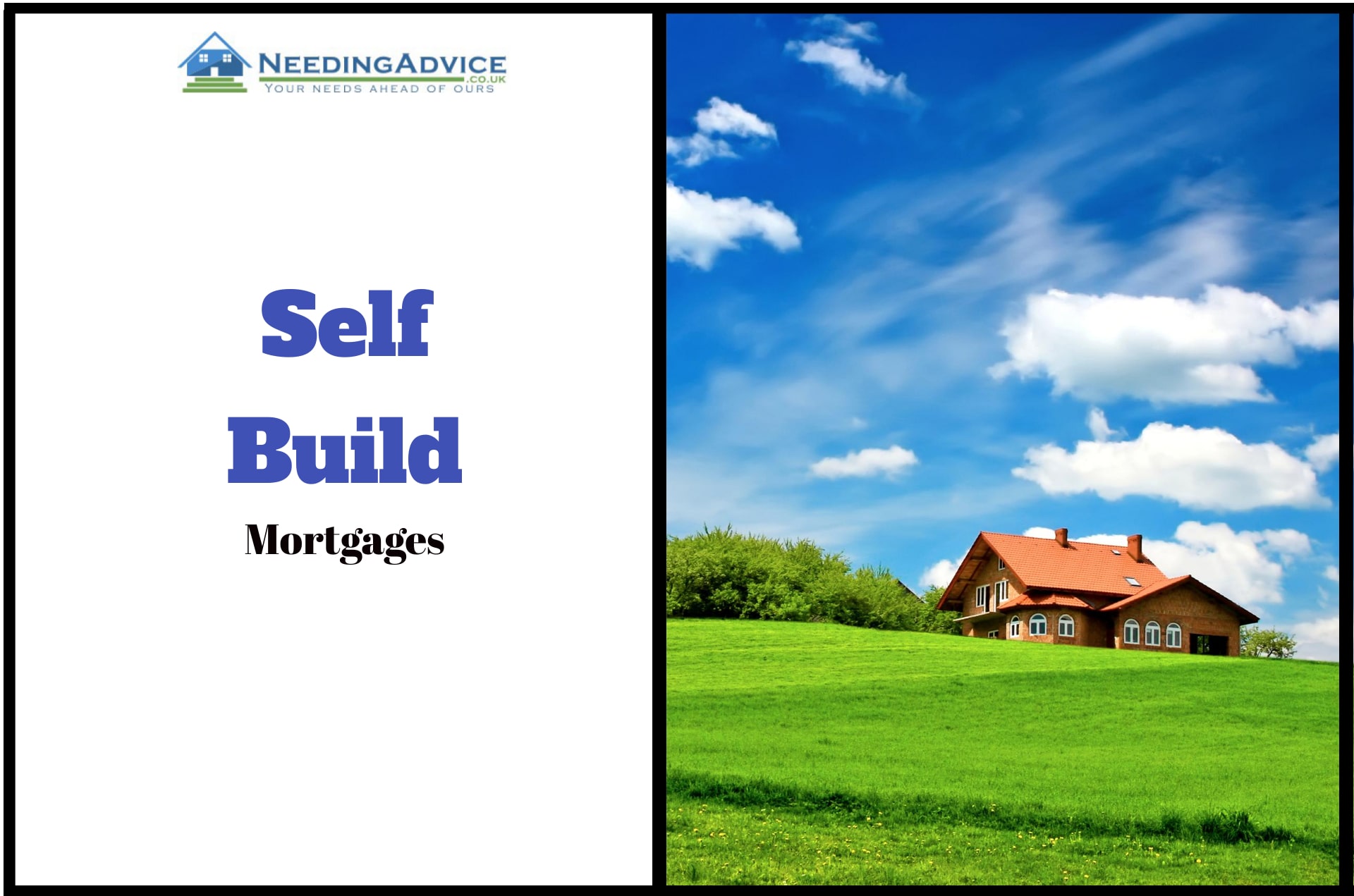Self Build Mortgages
Building your own home can be a dream come true. Everything can be customised to your own taste and preference and it could work out more economical than buying a similar home that is already built but if you require a mortgage loan to help fund your project then you will need a self-build mortgage as a standard traditional residential mortgage would not be appropriate.
Post Topics
What is a self-build mortgage?
How do self-build mortgages work?
What is a self-build mortgage?
If you are planning to build your own home and you are required to borrow money to fund the project, you won’t be able to use a standard traditional residential mortgage as that type of product can only be used for houses that have already been built. You will need a specialist mortgage in this instance that is specific for self-builders and this called is a self-build mortgage and can be sourced from specialist lenders.
The benefit of self-building is being able to choose completely what you want your home to look like and how it functions. It is also likely that your home will be worth more than your investment into it after it is built. Another benefit is that you will only be required to pay stamp dutyA tax paid by the buyer when purchasing a property. on the land you purchase (if it’s under £125,000 then it is tax free if you don’t own any other properties). You won’t be required to pay stamp duty after the property is built and this can help save a good chunk of money.
Currently the government has introduced a temporary stamp duty holiday from 8th July 2020 to 31st March 2021 which means all property purchases that are a main residence and under £500,000 will be exempt from stamp duty during this period. Buyers of additional properties can take advantage of the stamp duty holiday, but they will still have to pay the additional property surcharge. From 1st April 2021, stamp duty rates will change back to what they were before 8th July 2020 and zero rate stamp duty will only apply for properties up to £125,000.
How do self-build mortgages work?
When it comes to such a big commitment as building a house, careful planning of your finances is imperative. It is preferable to have your mortgage financing sorted as early as possible to allow you to budget and make arrangements with better accuracy.
Interest rates are usually higher with self-build mortgages than compared with a normal traditional mortgage. You will most likely be required to have a bigger deposit than normal and the more deposit you have, it could increase your chances of your mortgage application being accepted for a self-build mortgage and possibly unlock better deals and rates. Once the project is complete, lenders may offer you to switch to a product with a better rate.
Next steps
Building a home can be a complicated and stressful process and arranging for a mortgage loan can add more challenges to your project so seeking professional advice can help save you time and provide you with the guidance you need. Get in touch today and we can help you find the lenders and deals most appropriate for your needs and circumstances from our extensive panel of specialist lenders.
FAQs-Self-Build Mortgage
How much deposit do I need for a self-build mortgage?
A minimum 5% deposit is needed for a self-build loan. This amount should cover the cost of materials and labour. The deposit is typically paid at the start of construction.
What does my lender require me to put down?
Typically, a minimum 10% deposit is required to get started on a self-build mortgage. However, some lenders may accept a smaller deposit depending on your individual situation.
Can I use equity release to fund my self-build mortgage?
Yes, you can use equityThe difference between the value of the property and the amo... release to fund your self-build mortgage. Equity release allows homeowners to access their home’s value without having to sell it. It is always better to contact a suitable mortgage broker who can help you with your application before directly going to a mortgage lender or a building society.
How self-build mortgage different from a standard mortgage?
The biggest difference between a self-build mortgage and a standard mortgage is the fact that the former requires a larger deposit. A self-build mortgage also involves an extended repayment term, which means that the borrower must repay the loan over a longer period of time. In addition, with self-build mortgages, you can also buy a plot of land.
How much deposit do I need for a self-build mortgage as a mortgage product?
You will need a minimum of 20% deposit for a self-build product. This figure varies depending on how long you plan to build your property.
Do I qualify for self-build finance?
Most people don’t qualify for a self-built mortgage because they tend to have too little income or savings. However, if you meet the criteria, then you can apply for one.
Is it hard to get a mortgage for a vacant land purchase?
It is not easy to get a mortgage when buying land. But, there are ways to make this easier for you. For example, you can look into a self-build mortgage or a shared ownershipA scheme where a borrower purchases a share of a property an... scheme.
Are there any risks involved with the self-build project?
There are many risks associated with self-build mortgages. These include delays, rising costs, and problems with contractors. Therefore, it is important to seek expert advice before starting work on your new house.
Does a self-build mortgage involve a higher interest rate than other types of loans?
Yes, self-build mortgages usually come with higher rates of interest than those available through conventional lending products.







Leave A Comment